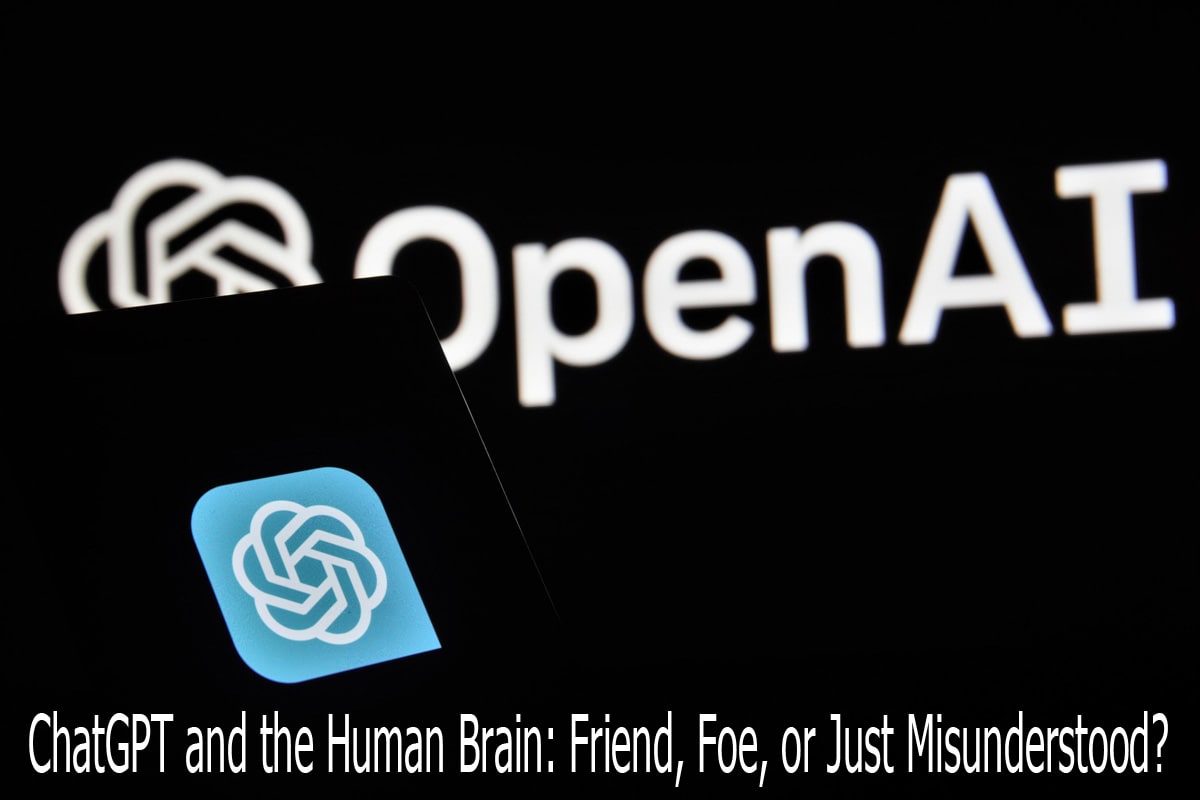Why AI Could Be Both a Brain Booster and a Brain Breaker — Depending on How You Use It
Introduction: When AI Becomes Your Brain’s Flatmate
Let’s be honest — you’ve probably asked ChatGPT something weird at least once.
Maybe:
“What makes my friends stop talking to me after group projects?”
or
“Write me an excuse for not turning in my assignment that doesn’t sound fake.”
Well, congrats. You’re officially one of millions turning to ChatGPT not just for homework help, but for all kinds of daily thinking. Whether you’re a high school student, a college procrastinator, or just someone who really hates writing email replies, ChatGPT has become your unofficial sidekick.
In Indonesia, a recent BCG-Katadata survey shows that 32% of people have tried generative AI like ChatGPT — and usage is skyrocketing, especially among younger users. Worldwide, it’s already helping millions write essays, solve math problems, and explain why the mitochondria is still the powerhouse of the cell.
But here’s the big question:
“Should AI think for us… Do we think less?”
Is ChatGPT making our lives easier — or just making our brains lazy?
The MIT Study: Is Your Brain on Vacation While ChatGPT Works?
To get real answers, researchers at MIT decided to literally scan people’s brains. No joke.
They gathered 54 participants and asked them to write essays under three different conditions:
- No help at all. Just raw brainpower.
- Using a search engine. Google-style.
- Using ChatGPT. Full AI support.
While writing, participants were inside an fMRI scanner, which tracks brain activity.
The Result?
Those using ChatGPT showed up to 55% less brain activity, especially in areas related to language, logic, and decision-making.
Translation: when ChatGPT does the heavy lifting, your brain chills. Hard.
Like a boss watching interns do all the work.
Even worse — the essays weren’t better. In fact, participants who used ChatGPT wrote less coherent and more generic content. MIT’s conclusion?
“Users consistently underperformed at neural, linguistic, and behavioral levels.”
But hold up — there’s a twist.
The Silver Lining
When people first wrote their own ideas, and then used ChatGPT to refine or reflect, brain activity actually increased.
That’s right. When used after thinking, ChatGPT can actually boost your brain, not break it.
So, Is ChatGPT Still Useful for Students?
Absolutely — if you use it smartly. ChatGPT isn’t your enemy. It’s a tool. And like any tool, it can help or hurt depending on how it’s used.
Here are five legit benefits of ChatGPT when students use it wisely:
1. Boosting Productivity (Without Waiting for Inspiration)
Stuck on your intro sentence for two hours? ChatGPT can offer a starting point, outline, or structure — so you’re not frozen by the fear of a blank page. It helps kickstart thinking, not replace it.
2. Your Personal Tutor (That Never Loses Patience)
Need a crash course in Newton’s Laws or Indonesian poetry? Ask ChatGPT to explain it simply, break it into steps, or give real-world examples.
No judgment. No eye rolls. No stress.
3. Brainstorm Buddy On Demand
From essay titles to group project themes, ChatGPT is a 24/7 idea generator. The key? Consider it your collaborator rather than a ghostwriter.
4. Time Management Assistant
Drowning in deadlines? Ask ChatGPT to build you a personalized study schedule, suggest Pomodoro techniques, or even recommend music for focus. It’s your free academic life coach — no calendar sync required.
5.bCritical Thinking Support
Use ChatGPT to challenge your ideas, check logic, or simulate opposing arguments. That’s not cheating — that’s thinking smarter and deeper.
Bottom Line: The Problem Isn’t AI — It’s Passive Use
The real danger isn’t ChatGPT.
Instead of thinking with you, it uses ChatGPT to think for you.
If you hand over every task, your brain will check out. But if you use ChatGPT as a sounding board, a second opinion, or a tool for reflection, it can amplify your learning, not dull it.
Therefore, avoid copying and pasting the next time you access ChatGPT. Ask. Explore. Think. Then type.
Final Takeaway: Use AI Actively, Think Intelligently
ChatGPT is not here to replace your brain — it’s here to work with it.
Used passively, it’s a shortcut that weakens.
Used actively, it’s a bridge to deeper understanding.
Your brain is still your most powerful processor.
Don’t let it rust.



